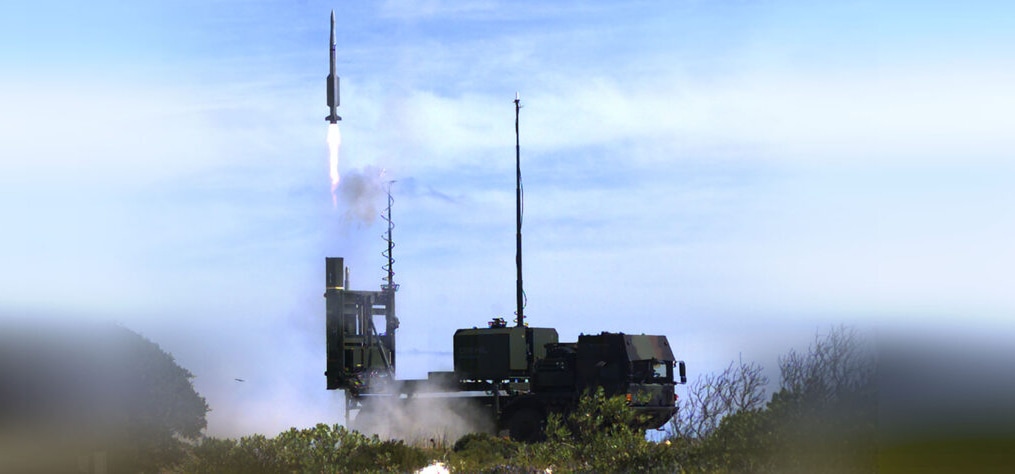In July, Defense Minister Klaudia Tanner signed a declaration of intent for Austria to join the Austria to join the European Sky Shield Initiative initiated by Germany. But how would participation be compatible with red-white-red neutrality? A guest commentary by former Defense Minister Werner Fasslabend, President of the Austria Institute for European and Security Policy (AIES).
On September 12, Defense Minister Klaudia Tanner and the Austrian Armed Forces-Air Force Chief Gerfried Promberger announced that Austria plans to procure the Iris-T air defense system together with Germany and to provide training as part of the German Armed Forces training within the framework of the German Bundeswehr. Both politicians and civil society raised the critical question of the extent to which this is compatible with Austrian neutrality. https://militaeraktuell.at/damen-startet-bau-der-fregatte-f126/ A total of 19 countries have joined this initiative, including neutral Switzerland. This is already an initial indicator of the fundamental compatibility with neutrality. In Austria, the end of the Cold War saw a reinterpretation of neutrality as “core neutrality”, which is limited to three essential characteristics: no participation in a shooting war, no membership of a military alliance and no permanent foreign military base on Austrian territory. In addition, significant changes were made to the federal constitution as part of EU accession. These enabled extensive and intensive cooperation with NATO in the form of active participation in the NATO Partnership for Peace (PfP) or in NATO-led missions in Bosnia and Kosovo. The most significant legal change took place in 2010 with the transformation of the so-called Lisbon Treaty into the Federal Constitution, which made Austria’s full participation in the EU’s common foreign, security and defense policy possible. The Neutrality Act was derogated by Art. 23j of the Federal Constitution for the area of CFSP/CSDP. Austria can participate fully in EU armaments projects and military missions. Since then, Austria’s neutrality has covered the area outside the EU; within the Union, the principle of solidarity applies in accordance with Art. 5 TEU. There are no legal restrictions on the purchase, training, operation and planned deployment of the Iris-T system for the Austrian Armed Forces.
“Austria can participate fully in EU armaments projects and military operations.
”
On the contrary: Austria will be able to fully protect its airspace for the first time. Incidentally, this is one of the requirements of a neutral state, as otherwise there is a risk of losing neutrality altogether in the event of a conflict. Austria’s participation in Iris-T has therefore not yet been questioned by any renowned constitutional or international law experts. It represents a quantum leap in Austria’s national defense, which significantly increases the security of the country and its population.










